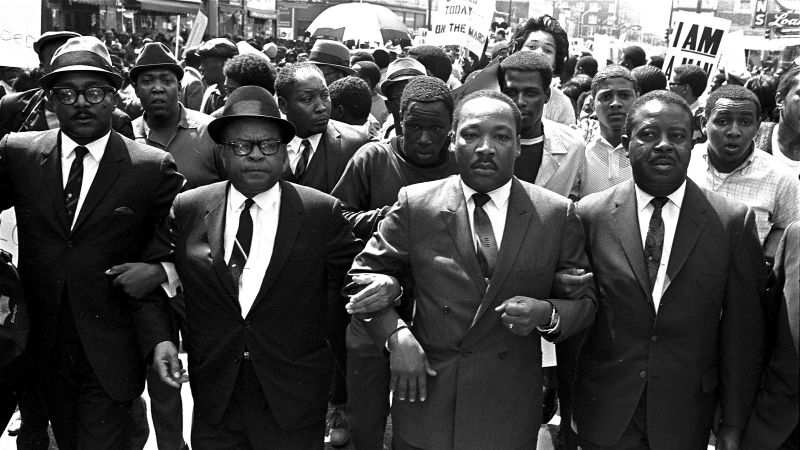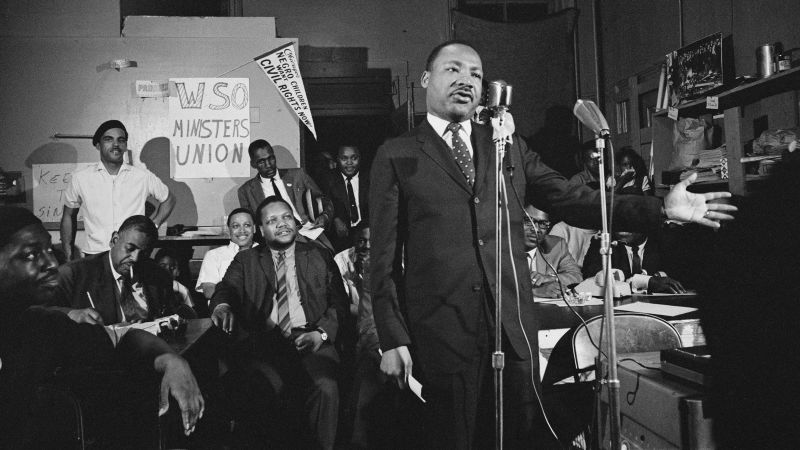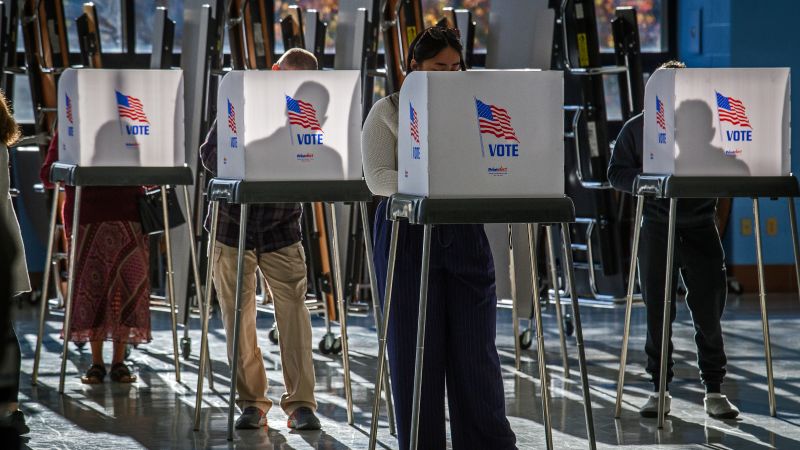
FBI Releases Surveillance Records on Martin Luther King Jr.
Opinion | 7/21/2025
In a move that has sparked controversy, the Trump administration has recently made public FBI records detailing the surveillance of civil rights icon Martin Luther King Jr. This decision comes despite objections from King’s family and the civil rights organization he once led until his tragic assassination in 1968.
The released documents shed light on the FBI’s monitoring of King during the civil rights movement, a period marked by social upheaval and racial tensions in the United States. While some view the disclosure as a necessary step towards transparency and historical understanding, others raise concerns about privacy and the potential implications of revealing sensitive surveillance.
Commenting on the release of the records, civil rights historian David Garrow emphasized the significance of this action, stating, “The public has a right to know about the extent of government surveillance, even in cases involving prominent figures like Dr. King.” However, representatives of the King family have expressed dismay over the decision, citing privacy considerations and the potential for misinterpretation of the surveillance records.
The Trump administration’s decision to release these FBI documents has reignited debates surrounding privacy rights, government transparency, and historical accountability. While proponents argue that such disclosures are essential for a comprehensive understanding of past events, critics caution against the possible misuse of sensitive information and the implications for individuals’ privacy rights.
As the public digests the newly released FBI records on Martin Luther King Jr., the ongoing discussion underscores the complex balance between historical transparency and privacy concerns in the digital age. TheClipWire reached out to spokespersons from both sides for comment, but the King family declined to provide a statement at this time.


